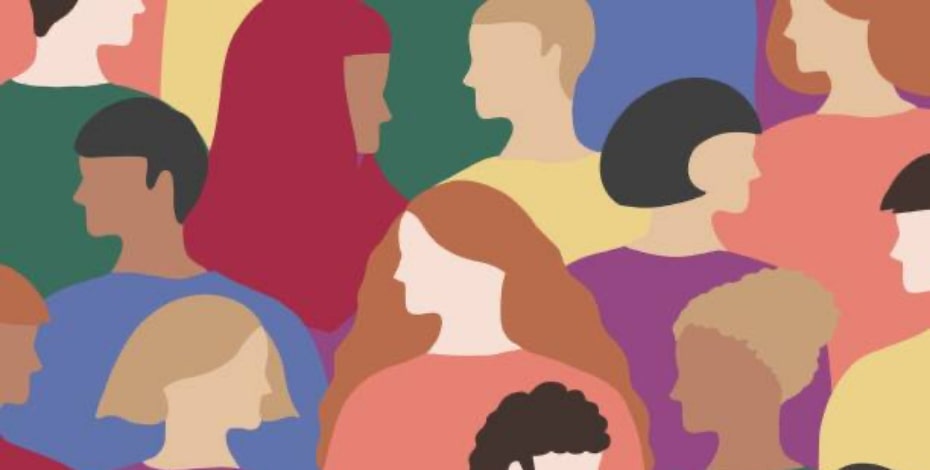
Pursuit of equality is worth the effort

Few things in society are as important as the pursuit of equality and the closing of gaps that persist around us.
I am proud of the APA’s many efforts to level the proverbial playing field.
The APA recently submitted its third Reconciliation Action Plan to Reconciliation Australia for approval.
I hope we will have received their endorsement by the time we go to print with this issue of InMotion.
Our Reconciliation Action Plan begins with our vision for reconciliation, which is for all Australians to value and recognise Aboriginal and Torres Strait Islander cultures, knowledge, expertise, connections to land and sea and traditional ways of healing, and for stronger relationships between Aboriginal and Torres Strait Islander and non-Indigenous Australians, based on trust and respect and free of racism.
The important thing is that the enormity of this vision is underpinned by actions and by the many small initiatives we can take to help us make progress on our reconciliation journey.
One example of this is the way we acknowledge Country.
Our staff and directors are encouraged to put time and thought into this important gesture.
An Acknowledgement of Country that reflects learning and discovery of the culture of our local First Nations people, and respect for their history and connection to the land, is much more meaningful than the repetition of words committed to memory.
Through this small but impactful change, I have learned words in new languages, been introduced to important yet little-known figures in our history and found out about pre-colonial places of significance.
It is a good example of how something simple like rethinking the way we acknowledge Country can have a big impact.
On National Close the Gap Day (17 March), we reflect on the inequality in health outcomes between Indigenous and non-Indigenous Australians.
As health professionals, our commitment to understanding the sources of inequality and taking action to address them is paramount.
We must start with making our profession culturally safe.
On 8 March we celebrate International Women’s Day.
This year’s theme, #BreaktheBias, seeks to challenge and ultimately eliminate the gendered biases and stereotypes that women face.
This is a difficult goal—biases are often unconscious and require recognition and mindful effort to be mitigated.
However, as a profession that is 65 per cent female, it is a goal we can’t ignore.
In February we convened the first ever meeting of the LGBTQIA+ advisory committee.
This committee will provide insight and advice to the APA to increase awareness, inclusivity and advocacy for the LGBTQIA+ community in our profession.
I look forward to supporting them in their important work.
To me these initiatives signal a maturing of our organisation and profession and a desire to play a bigger role in society.
There are still those who believe that the APA should ‘stick to its knitting’.
That is, if it’s not strictly physiotherapy-related, we should leave it alone.
I disagree with this view and believe that the privilege of influence and leadership—particularly health leadership—should be used wisely to advance societal goals for the benefit of us all.
Working towards equality and inclusivity can be challenging and even exasperating at times, but the pursuit is everyone’s duty and even small achievements are worth the effort.
© Copyright 2024 by Australian Physiotherapy Association. All rights reserved.





